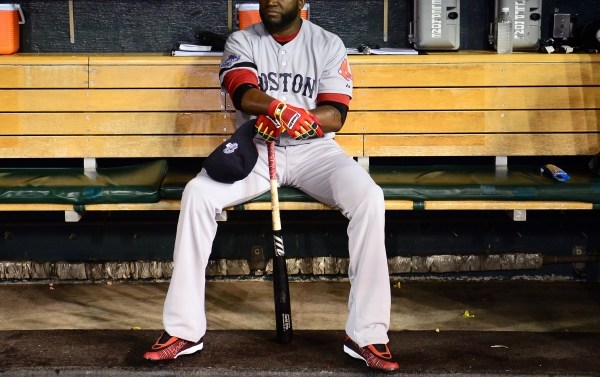How Did the Latinization of Baseball Happen?

Is Latino presence in the MLB a reflection of the demographic transformations currently taking place in the United States? You could say so, but if that’s the case the MLB is way ahead of the curve. Just look at the data: 30% of MLB players identify as Latino, and the starting rosters for both leagues at the 2014 All Star Game were nearly half Latino. In other words, Latinos dominate American baseball. And with good reason. Over the years, the people of Dominican Republic, Venezuela, Puerto Rico, Cuba, Panamá, Mexico, and even Colombia have shown the world a passion for the game that has all but reinvigorated American audiences, and brought an unmistakably Latin flair to the sport as it moves deeper into the 21st century.
But where did this special relationship between the national pastime and Nuestra América come from? How exactly has it changed the sport for U.S. audiences? And what does it all mean for the players who leave behind their countries and families to take a shot at las grandes ligas? NPR’s Latino USA takes on these questions and more in “Béisbol”, the latest installment in Executive Producer María Hinojosa’s groundbreaking radio hour.
Produced by Associate Producer Michael Simon Johnson, “Béisbol” kicks off with a personal reflection by LatinoRebels founder Julio Ricardo Varela on the Latinization of the overwhelmingly white, historically racist Boston Red Sox franchise, with the introduction of figures like Nomar Garcíaparra and “Big Papi” Ortiz in the mid-90s and early 2000s. From there Johnson takes us back in time to the mid-19th century when pro-independence Cubans adopted American baseball as way to forge a new national identity apart from Spain.
As the podcast moves on, the LatinoUSA team dedicates entertaining and highly informative segments to Latinos’ historically blurry relationship to the baseball color line, revolutionary Cuba’s fraught relationship with the Major Leagues, and the struggles of Latin American players trying to work their way up through the complex MLB farm system.
In all, it’s an eye-opening exploration of a sport that Latinos can proudly call our own, and essential listening for any fan of the bat and ball. Check it out.